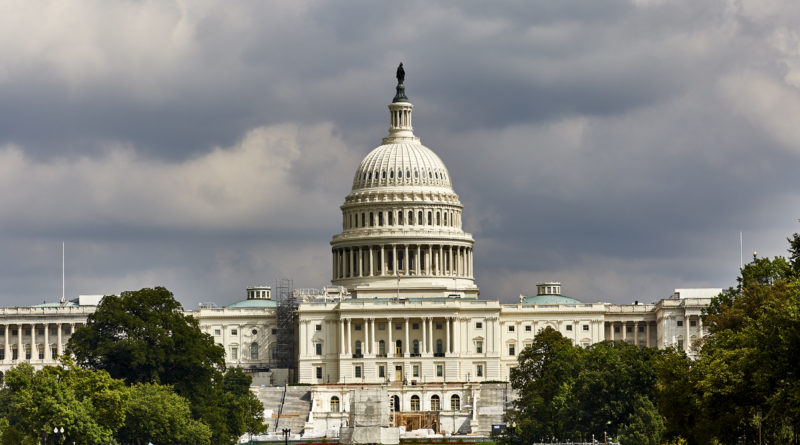The Mueller Investigation Has Concluded — But Not How Some Have Hoped
19,849 total views, 1 views today
Throughout the first two years of President Donald J. Trump’s time in office, headlines swirled incessantly about special counsel Robert Mueller’s investigation into his 2016 campaign. Mueller’s independent investigation sought to determine whether Trump or anyone involved with his campaign conspired with Russian efforts to push the 2016 presidential election in Trump’s favor. Mueller’s investigation did indeed find that Russian operatives contacted the Trump campaign to offer assistance many times, but it’s what the investigation didn’t find that has people talking.
According to Attorney General William Barr, Mueller’s investigation found no evidence that Trump or any other American citizen worked with Russia on its election interference efforts. In a letter that Barr delivered to Congress on March 24th, Barr stated that the report did not prove that Trump and his cohorts committed the many Russia-related crimes accused of them.
To some, this lack of proof is vindication. Trump himself declared that the report frees him of any and all wrongdoing, saying that the investigation has been illegal from its start. However, the investigation has, over its years-long course, led to 34 people, such as former national security advisor Michael Flynn and former Trump campaign chairman Paul Manafort, receiving indictments or convictions. None of these 34 people, however, has been accused of any crimes pertaining to Russian influence on the 2016 election.
Despite Trump’s claims that Mueller’s report universally cleared the president of any wrongdoing, the report does leave certain questions open. In Barr’s letter to Congress, the Attorney General stated that the report did not make a decision on whether Trump has at any point obscured justice, which is a crime in and of itself. Mueller left this decision to Barr, who concluded that Trump did not obstruct justice. Many people have pointed to Barr’s conclusion as errant and perhaps even the product of political bias.
In a joint statement, Speaker of the House Nancy Pelosi and Senate Minority Leader Chuck Schumer, both Democrats, criticized the report’s vagueness about possible obstruction of justice. In fact, they claimed, Barr has spoken and acted often against Mueller’s report, so his letter should not be treated as objective and unbiased. Similarly, Rep. Jerry Nadler (D-NY), who chairs the House Judiciary Committee, announced his intention to bring in Barr to testify about inconsistencies in the letter delivered to Congress.
Barr’s letter does not signify the end of the Mueller story. Neither the full Mueller report nor the documentation on which it was built had been made public at the time of Barr’s letter — and they still haven’t been. Furthermore, the day after Barr’s letter, NBC reporter Savannah Guthrie noted during a White House press conference that Barr has previously claimed that Trump could not have obstructed justice. Guthrie also mentioned that some people have said that the 48 hours between Barr’s receiving the report and deciding that Trump did not obscure justice represents a rushed, unfounded conclusion. White House press secretary Sarah Sanders responded with a defense of Barr, but in doing so, she may have pointed out one of the key criticisms of Barr’s letter. “Look at Bob Mueller’s report,” Sanders told viewers, even though the report is not yet public.

